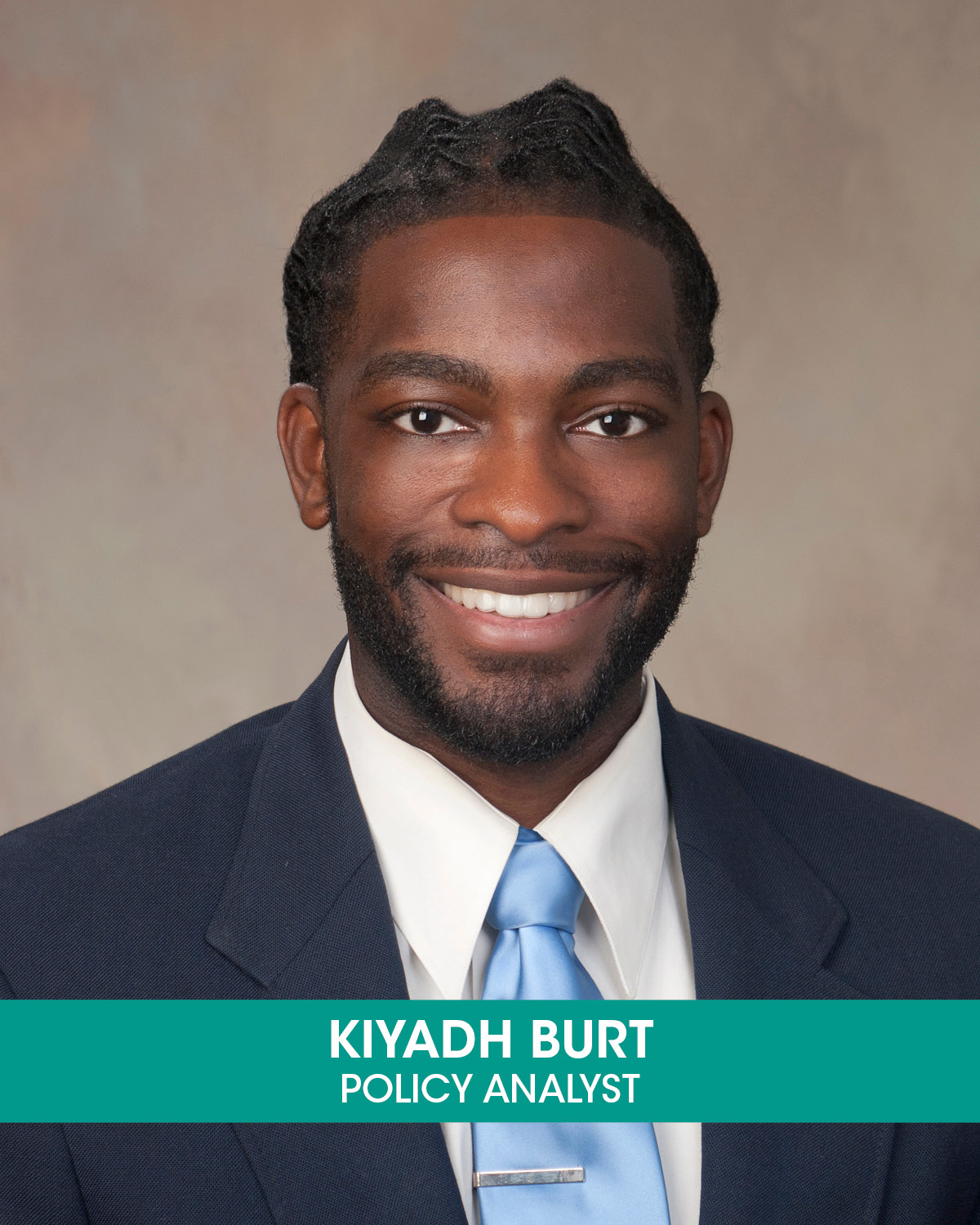Despite Changes in Second Phase of PPP, Many Small Businesses Remain Locked Out
May 8th, 2020
The second round of the Paycheck Protection Program (PPP) represents another opportunity for small businesses to access federal relief. Congress authorized an additional $310 billion for PPP funding. While there have been efforts to increase access to funds, more is needed to ensure businesses that most need relief are able to access it. Despite a $30 billion designation intended to reach underserved businesses, most financial institutions, more than 95% of banks and credit unions, were eligible to access this allocation.
Over half of the allocated funds have gone through the nation’s largest lenders, those with more than $50 billion in assets, according to a recent report from the Small Business Administration (SBA). As of May 2, SBA analysis of program found $5.4 billion – less than 2% of the Round 2 PPP funding –went through Community Development Financial Institutions (CDFIs) and Minority Depository Institutions (MDIs). The small levels of CDFI and MDI lending are particularly concerning given the institutions’ track record of financing very small businesses and businesses owned and led by people color. At these levels, the second round of funding risks bypassing small businesses that have historically been locked out from mainstream financial institutions.
Many small businesses continue to face complications with access to the PPP at mainstream institutions, despite the changes made in the second round of PPP allocation. Several small businesses have expressed to HOPE their issues with larger banks not offering technical assistance or feedback on application status. For example, a Black dentist in New Orleans was not funded by a large national bank there. The bank did not call back to check on the application so the dentist applied with HOPE and got the loan approved. In another instance, a non-profit that provides trauma therapy and services to youth in the juvenile justice system in the Deep South had been working with a community bank to apply to the PPP, but the bank had stopped taking applications and could not help the organization. They applied at HOPE and were able to get their loan approved.
HOPE, like other CDFIs, is committed to providing access to historically disenfranchised markets and distressed businesses, particularly in the wake of disasters and systemic poverty. As such in this moment, CDFIs are well-positioned to ensure small businesses most in need of support get that relief. In its PPP experience, HOPE has received SBA approval for more than 900 loans totaling $62 million, with a median loan size about $13,000 – many of which are minority or women owned businesses. This will help retain 6,600 jobs throughout the South. Many more applications are in HOPE’s pipeline as of May 5, with more than 1,000 loans still being processed.
It is at the application stage that many small businesses require technical assistance, such as guidance on how to document payroll or assistance with proving income and expenses. Banks are not set up to provide or broker such technical assistance, but CDFIs are well-positioned to assist business owners who may need time to understand and retrieve necessary documents for the application, which could take days or weeks. This underscores the critical role that CDFIs and MDIs play in making sure recovery funds are available and accessible by historically underserved small businesses.






